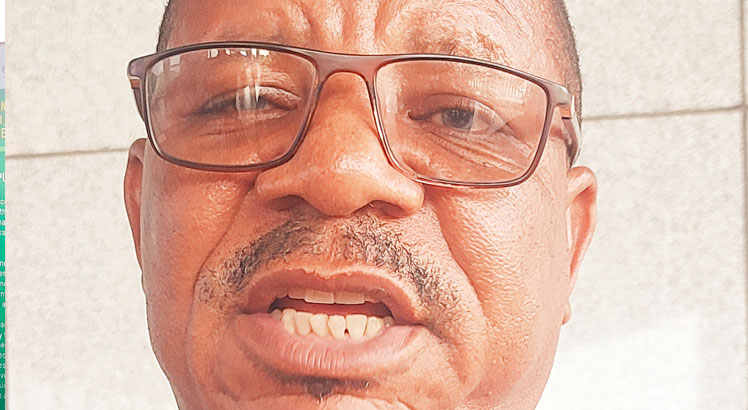Mixed views on zero hunger goal
Social commentators have differed on National Planning Commission’s (NPC) assertion that Malawi is likely to meet the United Nations Sustainable Development Goal (SDG) number two on zero hunger by 2030.
They argue that the situation on the ground does not support the NPC outlook, but the commission and the African Institute for Development Policy (Afidep) insist on the country’s possibility of achieving the goal.
The experts expressed their sentiments at a multi-stakeholder policy dialogue held in Lilongwe on Thursday by NPC and Afidep to reflect on the SDGs and Malawi 2063 (MW2063) progress.
During the dialogue, Afidep director of research Nyovani Madise expressed optimism that Malawi could end hunger by 2030, an assertion which Parliamentary Caucus on Population and Sustainable Development vice-chairperson Ben Phiri contested.
He argued that the number of people facing hunger in the country is rising annually, casting doubt on the country’s ability to attain the zero hunger goal.

Despite projections that Malawi and other countries across the globe are likely to miss most of the SDGs by 2030, NPC director of learning and knowledge Joseph Nagoli expressed confidence that the country is likely to achieve goals two, three on good health and well-being, four on quality education, six on clean water and sanitation and 14 on life below water.
He noted that progress on other goals, such as
one on no poverty, 10 on reduced inequalities and 16 on peace, justice and strong institutions is either limited or absent.
Nagoli acknowledged moderate progress on goals five on gender equality, seven on affordable and clean energy, eight on decent work and economic growth, nine on industry, innovation and infrastructure and 13 on climate action.
Nagoli explained: “From our findings, we are likely to meet the goal on zero hunger, but this does not mean we should relax. There are certain things that we need to do to ensure that this is achievable. But there’s a high likelihood that we will achieve zero hunger.”
“Unfortunately, we are not doing very well on no poverty,” he continued. “However, the SDGs that we are not doing well on are also very critical to take us to our milestones for 2030, which is to be a lower middle-income country.”
Nagoli identified climatic shocks and inadequate priority setting and investments as key challenges hindering progress.
“We have had so many floods and dry spells which are unfortunately, consistently happening and are likely to slow us down,” he explained. “Another challenge is our priority settings and investments.
“It is high time we started investing in productive sectors so that we can grow our economy and create wealth as our vision indicates. From that wealth, we’d also be able to sustain providing essential services such as health care, food and other things. These services require that our economy is stable and is progressing well.”
However, Phiri questioned the NPC’s findings, pointing to the lack of tangible progress on the ground.
“I would still want to examine and question it,” Phiri asserted. “For example, on ending hunger, I cannot recall when in Malawi we last had enough food for our nation. We have had challenges every year.
“The Malawi Vulnerability Assessment Committee [Mvac] report has projected a 15 percent increase of people facing hunger this year. Is that progress?”
Phiri further called for increased budgetary allocations to the successful pillars and a mindset shift from consumption to production.
He argued: “We have been funding the Affordable Inputs Programme [AIP] hoping to end hunger, but what have we achieved? …nothing! Yet, billions of kwacha have been invested in AIP.
Madise, who is also Afidep country manager, defended the NPC’s assessment and reaffirmed Malawi’s progress towards ending hunger.
She explained: “It is not that we have ended hunger, but we are making progress towards ending hunger.”






One Comment